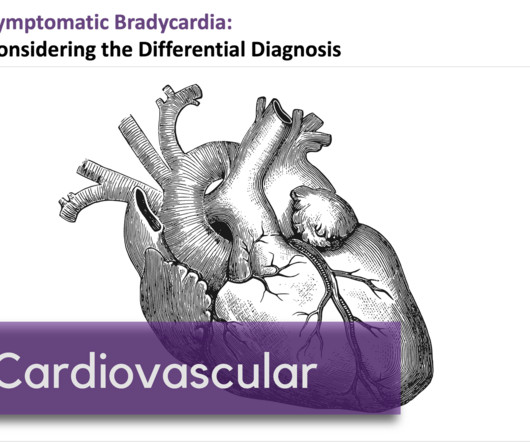ToxCard: Second Generation Antipsychotic Overdose
EMDocs
NOVEMBER 19, 2024
of exposures reported to poison control centers in 2021 were related to antipsychotics or sedative-hypnotics with the majority of those exposures occurring in patients 20 years of age or older. Consult a medical toxicologist or regional poison control (at 1-800-222-1222 in the United States). New York, NY: McGraw-Hill Education; 2019.















Let's personalize your content